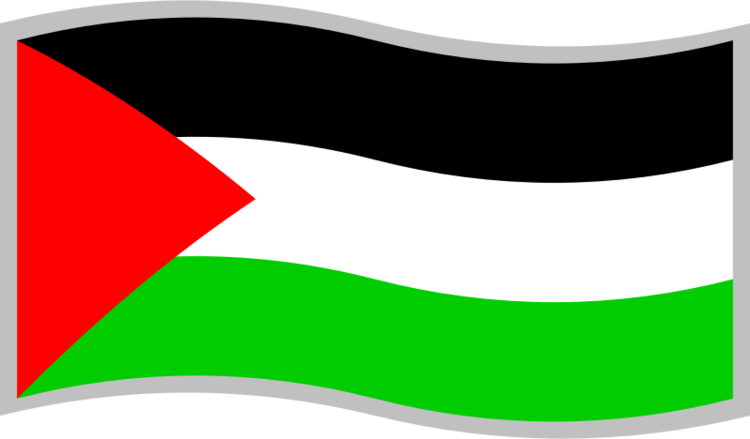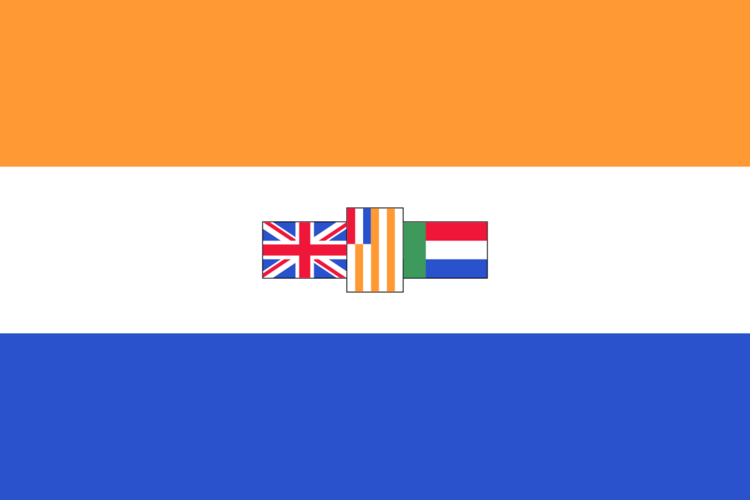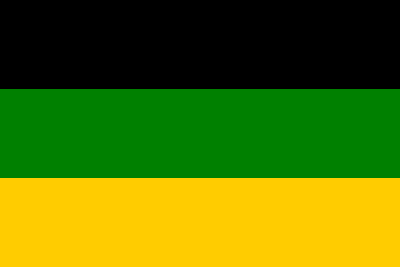Ann Arbor (Informed Comment) – The Israeli parliament or Knesset on Tuesday approved the first reading of a law banning the raising of the Palestinian flag, pushed by the fascist wing of Israel’s new government. This measure includes a ban on Palestinians in Palestine waving their own flag while under Israeli military occupation.

Despite the high dudgeon of some Israeli officials and the more fanatic “Israel-firsters” among the country’s supporters abroad about comparisons to Apartheid South Africa, people like Bezalel Smotrich and Itamar Ben-Gvir can’t help themselves.
TRT World: “Israel orders removal of Palestinian flags from public spaces”

You see, in Apartheid South Africa in the middle of the twentieth century the government had an official flag that paid homage to the Dutch and British roots of the white population but which made no reference to the African majority, which was not allowed to vote. Even many Afrikaners, of Dutch heritage, minded the inclusion of the miniature British Union Jack in the middle of the flag, since many ironically resented the British colonial period after the Boer War.

But activist Black South Africans were particularly aggrieved by this racially exclusive flag. So the African National Congress, which was a Black majority but multiracial underground party developed its own flag.

In this flag, created in 1925, the gold color represents the gold and other precious things that could be mined in South African soil, the green represents the lush land of the country, and the Black refers to the indigenous people.
Although the African National Congress mostly used peaceful means to protest in its earlier days, the organization was banned as a terrorist group. So of course its flag was banned as a terrorist flag. In 1985 the ANC added a spear and a shield to this flag, and the organization had long since developed a paramilitary wing, uMkhonto we Sizwe. Because the Apartheid government took away the Black majority’s right to vote and be represented, it drove them into sometimes violent actions, though the vast majority of ANC members preferred peaceful protest.
In 1976 the Afrikaner ruling minority got the bright idea to make their form of Dutch the national language. Very few Black Africans spoke Afrikaans, but most people knew some English. The school children were faced with suddenly having classes in a foreign language. Imagine if you had to start functioning only in Dutch tomorrow. In the Soweto township, people protested vigorously against this change, and the fascist South African security forces shot a lot of people down, including children.
This 1976 massacre galvanized the whole country against the Apartheid regime.
After four years of unrest, in 1980 a lot of people started waving the ANC flag instead of the official, racist flag, and so many people defied the government that it could not repress them all. By the early 1990s, the ban on the ANC flag was practically speaking a dead letter.
The old flag of Apartheid South Africa was replaced in 1994. A recent court ruling made it a hate crime to display that old flag, though the parliament had not banned it.
There is no guarantee that the Palestinian flag will prove as victorious as the South African flag. But the ANC standard was also blasted as a sign of “terrorism” (as if what the Apartheid regime was doing daily to Blacks was not terrorism).
The story does point out the similar mindset of the South African Apartheid elite and powerful elements of the Israeli right wing.



 © 2026 All Rights Reserved
© 2026 All Rights Reserved